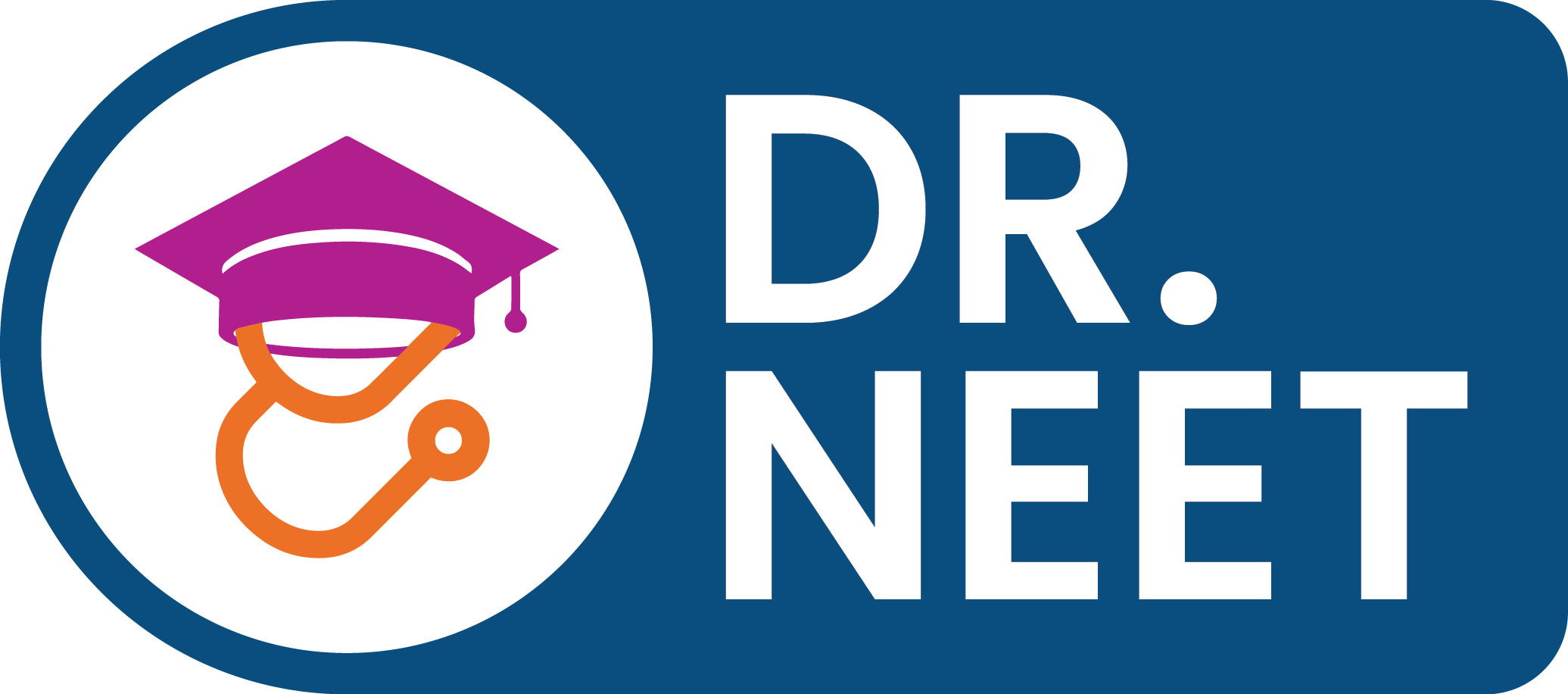OVERVIEW
Pharmacy is a healthcare and science-based field that focuses on the study of drugs, medicines, and their effects on human health.Students can pursue pharmacy course in various levels. These levels are Diploma (D.Pharm), Bachelor's (B.Pharm), Master’s (M.Pharm), and Doctorate (Pharm.D). This course involves the research, production, and proper use of pharmaceuticals to ensure safe and effective patient care. By pursuing this course students can get knowledge about pharmacology, medicinal chemistry, drug formulation, and clinical practice.
The passed out students can get various career opportunities in hospitals, pharmaceutical companies, clinical research, regulatory bodies, and academia. Pharmacists play a crucial role in dispensing medications, advising patients, conducting drug research, and ensuring quality control in the pharmaceutical industry.
After completing the graduation level course students can work as Pharmacists, Drug Inspectors, Medical Representatives, Quality Analysts, or Research Scientists.
Highlights:
|
Features |
Details |
|
Course Name |
Pharmacy |
|
Different levels of course |
|
|
Courses Duration |
|
|
Specializations |
1. B.Pharm Specializations (Limited Options)
2. M.Pharm Specializations
3. Pharm.D Specialization (Broad Clinical Focus)
4. D.Pharm is a generalized diploma course and does not have specific specializations |
|
Affiliated and regulated by |
|
|
Eligibility Criteria |
|
|
Entrance Exams |
1. National-Level Exams
2. State-Level Exams
3. University-Level Exams
|
|
Entrance exams frequency |
|
|
Conducting Bodies |
|
|
Fee range |
1. Diploma in Pharmacy (D.Pharm)
2. Bachelor of Pharmacy (B.Pharm)
3. Master of Pharmacy (M.Pharm)
4. Doctor of Pharmacy (Pharm.D)
|
|
Highest salary package |
|
|
Top-Paying job Roles |
|
|
Top Recruiters |
|







 Home
Home Find Colleges
Find Colleges Contact
Contact Latest News
Latest News



